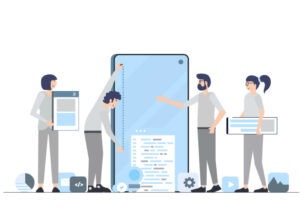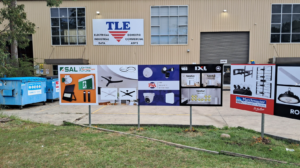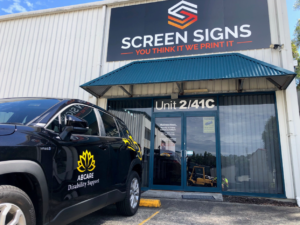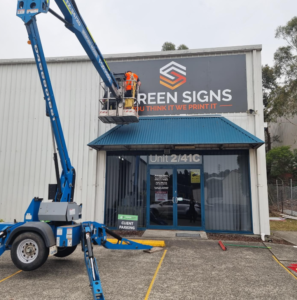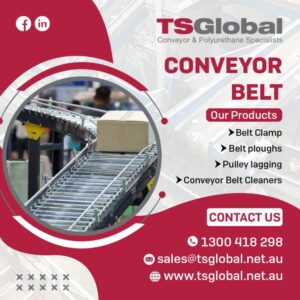Equipment Leasing vs. Financing: What’s Right for You?
When it’s time to acquire new equipment for your business—whether it’s heavy machinery, medical tools, or office technology—you’re often faced with a critical decision: Should you lease or finance? Both options offer unique benefits and drawbacks, and the best choice depends on your financial situation, operational needs, and long-term goals.
Let’s break down equipment financing and leasing to help you determine what’s right for you.
What is Equipment Leasing?
Leasing is essentially renting equipment for a set period, typically with lower upfront costs. At the end of the lease, you may have the option to return the equipment, renew the lease, or purchase it for a predetermined amount.
Pros of Leasing
- Lower Upfront Costs: Leasing often requires little to no down payment, making it easier for businesses with limited capital to access the equipment they need.
- Preserved Cash Flow: With predictable monthly payments and no large initial investment, leasing can help maintain a healthier cash flow.
- Access to Newer Technology: Leasing makes it easier to upgrade equipment as technology advances, especially in rapidly evolving industries like IT or healthcare.
- Tax Benefits: Lease payments may be fully deductible as business expenses, depending on your tax structure.
Cons of Leasing
- Higher Long-Term Cost: Over time, leasing can be more expensive than purchasing due to cumulative payments and interest.
- No Ownership: You won’t own the equipment unless you choose a lease-to-own option, which limits asset accumulation on your balance sheet.
- Contractual Obligations: Leases are binding agreements, and getting out of one early may involve penalties.
What is Equipment Financing?
Financing, on the other hand, involves taking out a loan to purchase equipment. You own the asset from the beginning, and repay the loan over time, typically with interest.
Pros of Financing
- Ownership and Equity: From day one, you’re building equity in the equipment, which can be valuable if the item holds its worth over time.
- Tax Incentives: Section 179 of the IRS tax code allows you to deduct the full purchase price of qualifying equipment in the year it’s placed in service.
- Customization and Usage: Owning your equipment means you can modify or use it however your operations require, without the limitations of a lease agreement.
Cons of Financing
- Upfront Costs: Equipment loans often require a down payment, which can be a barrier for startups or cash-strapped businesses.
- Depreciation Risk: Equipment can lose value quickly, especially in technology-heavy industries. You bear the burden of that depreciation.
- Maintenance Responsibility: As the owner, you’re responsible for all maintenance and repair costs, which can add up over time.
Factors to Consider When Choosing
Choosing between leasing and financing depends on several key factors:
1. Cash Flow and Capital
If your business is tight on cash or just starting out, leasing may offer an easier way to get the equipment without a large cash outlay. Financing might make more sense for businesses with stable cash flow and access to capital.
2. Equipment Lifespan
Consider how long you plan to use the equipment. If the item will remain useful and productive for many years, financing and owning may be a better investment. If you anticipate needing to upgrade frequently, leasing might be more strategic.
3. Technology Obsolescence
Some equipment, like computers or diagnostic machines, becomes outdated quickly. Leasing offers flexibility to upgrade without being stuck with obsolete tools.
4. Tax Strategy
Consult a tax advisor to understand how each option will affect your bottom line. The immediate write-off potential with financing (via Section 179) can be very attractive for profitable businesses.
5. Balance Sheet Impacts
Ownership adds an asset to your balance sheet, which can strengthen your business’s financial position. Leasing, especially operating leases, may not impact your balance sheet as significantly, which can be useful in certain lending or investment scenarios.
Which One is Right for You?
There’s no one-size-fits-all answer. If your priority is flexibility, lower upfront costs, and access to the latest technology, leasing may be the better route. If your focus is long-term cost efficiency and asset ownership, financing likely makes more sense.
A thoughtful assessment of your business’s needs, industry trends, and financial goals will help you make the right decision. It’s also wise to consult with a financial advisor or accountant before committing to either option.
For more posts, Click Here









